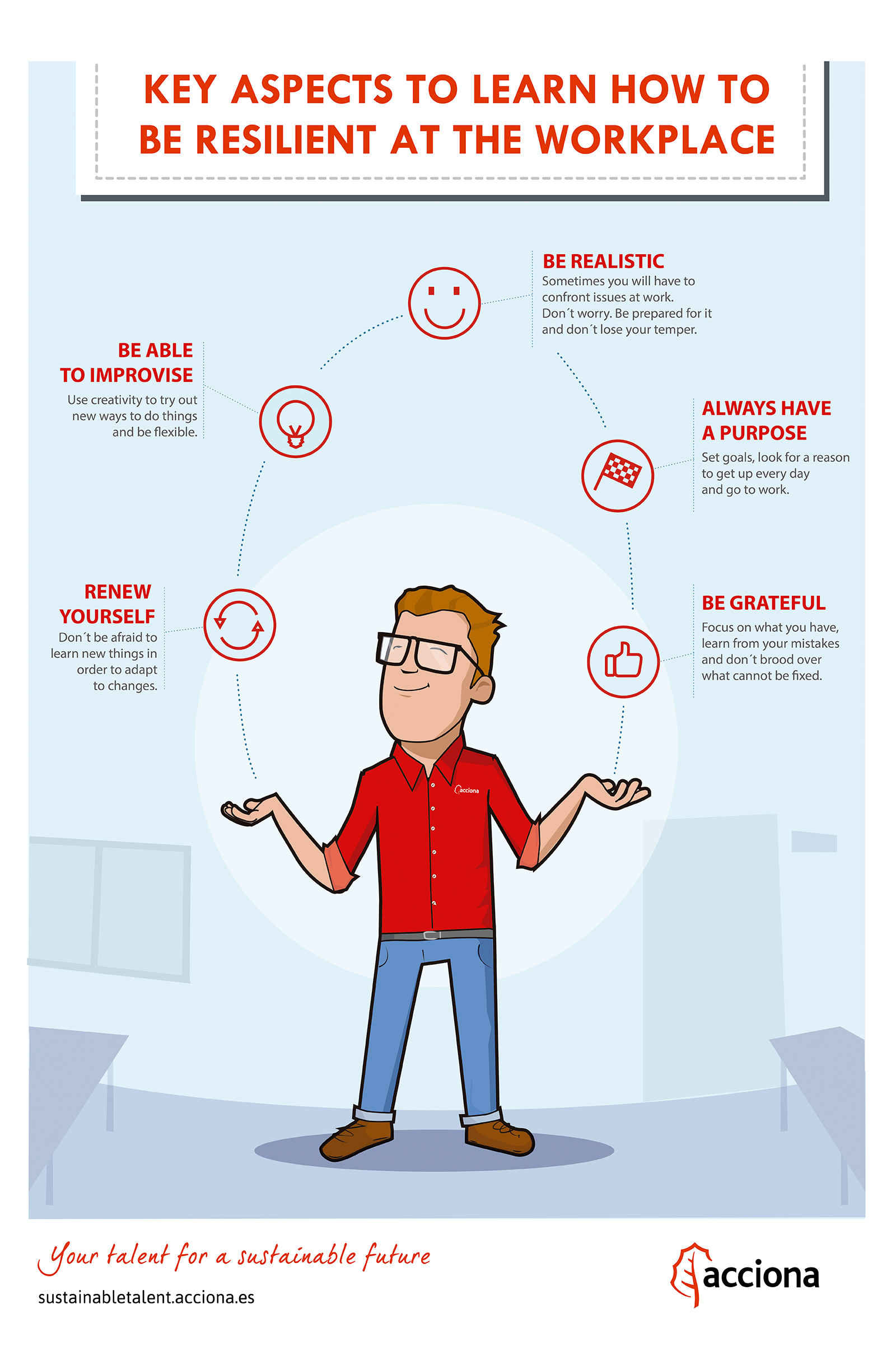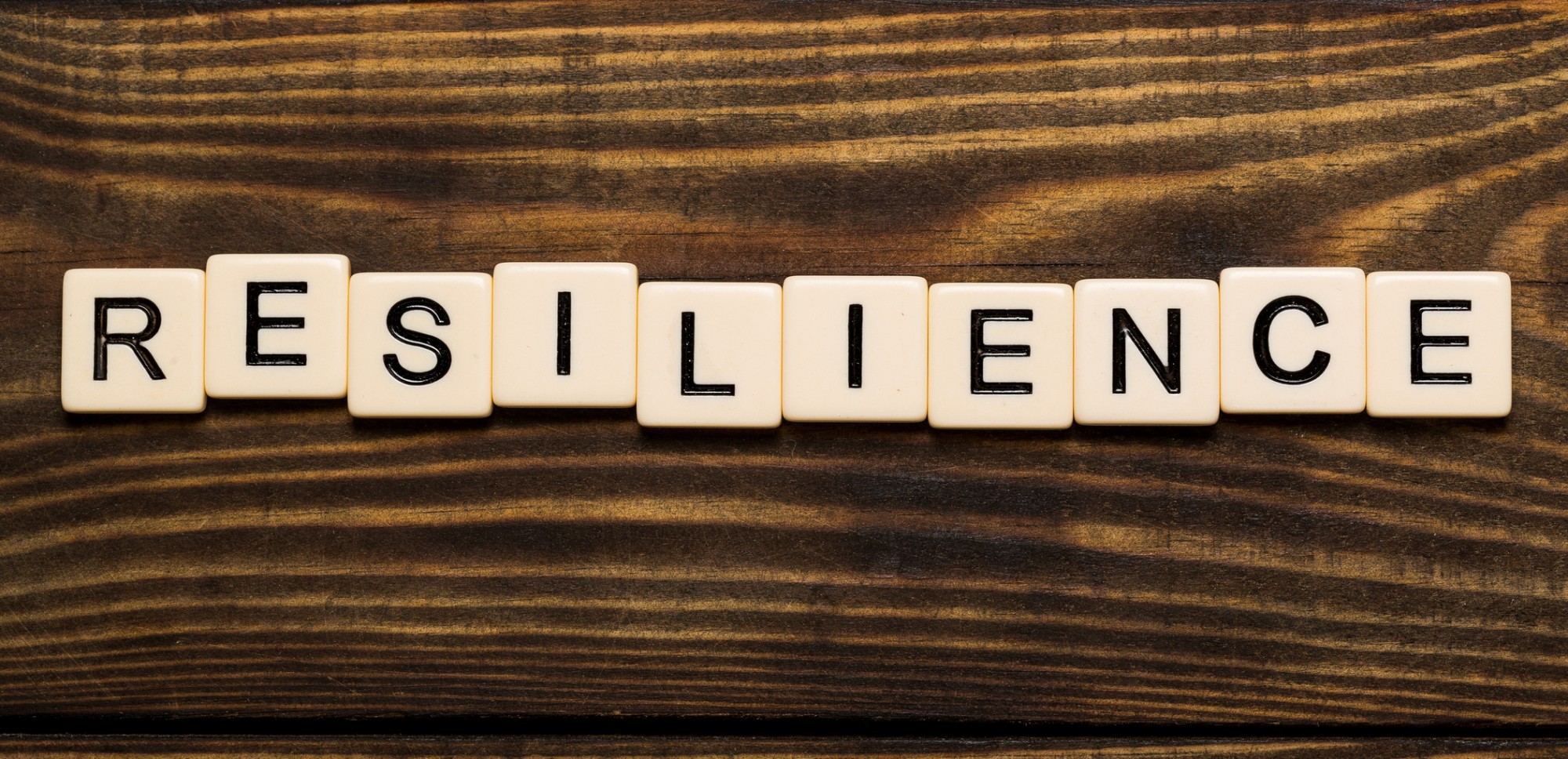Coping with those stressful moments at the workplace that we all go through occasionally while making the most of them is possible. Resilience is the key word.
If we draw upon physics, resilience refers to the ability on the part of some materials to return to their original form or position after being bent, stretched or compressed. In other words, this curious and outstanding property allows them to return to their natural shape in a short time.
This scientific notion comes in handy in order to understand resilience when applied to professional environments, since we sometimes undergo stressful situations at the workplace which require some kind of special adaptability on our part, which require us to be resilient. But, what is this all about?

Resilience as a competitive advantage
It is said that somebody is resilient whenever capable of recovering quickly from an adverse situation. In labour environment, this frequently coincides with a work development crisis which will require a conscious and voluntary renewal effort. Ultimately, beyond its psychological implications, resilience is a great tool capable of generating a competitive advantage, contributing greatly to working teams and potentially turning the most defining work situations for an employee, a group or a company into a growth opportunity.
So, how are resilient people like? The answer is closely related to their way of thinking and dealing with stress, because in general a resilient person is characterized by being realistic, flexible and endowed with critical capacity to avoid overreacting.
Adaptability, a key ally for resilience
We live in a constantly evolving world led by scientific discoveries and technological developments. These changes have, naturally, an effect on work environment, too. That´s why flexibility and adaptability are essential factors in order to manage ourselves successfully amidst them.
Jim Collins, in his book Built to Last, points out that out of the 50 most relevant companies of the last 50 years only 18 remained in 1990, and just 12 in 2000. For Collins, the issue with those companies was rooted in their paralysis, in their lack of resilience and response towards challenges brought by new times.
Something alike can happen regarding professional development. According to experts, in all likelihood employees taking their first steps in the labour market nowadays will have to reinvent themselves up to 15 times during their working life.
And what if I do it differently?
The economist J.M. Keynes said: “the difficulty lies not so much in developing new ideas as in escaping from old ones”. Creativity is not the sole property of artistic or plasticity-driven profiles any more, but has expanded to every working environment.
Hence, another essential feature of resilience is the one that makes us wonder “what if we do it differently?” before everyday situations, a competitive surplus which will provide us with new ways to perform our duties and, most probably, have a positive impact in the final outcome.
Sources: Imago Consultores, Grandes Pymes, Desempeño 3.0: guía básica para el crecimiento personal, de José M. Peinado


